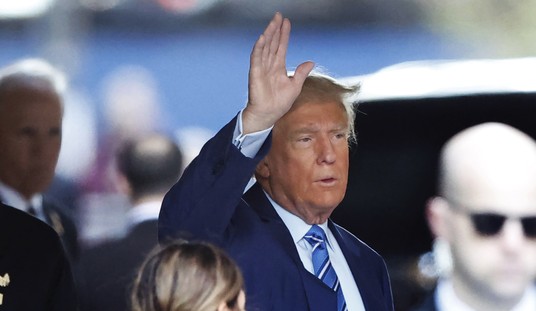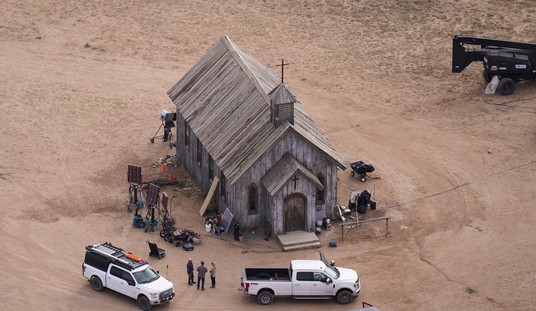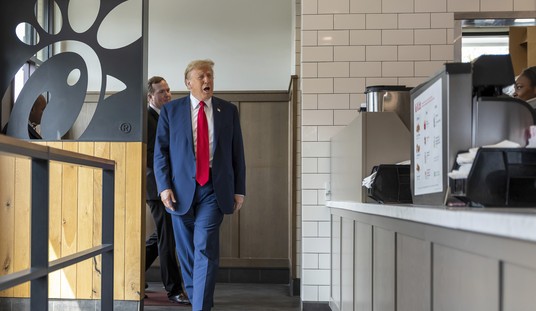Over at the Washington Post, Dan Balz takes a look at one of the less frequently reported items from Thursday’s debate. While most analysts were focused on Warren and Buttigieg scrapping over crystal wine caves, many ignored one question from the PBS moderator that seemed to catch all of the candidates flat-footed. Judy Woodruff asked the candidates about the possibility that some voters who might not care for President Trump’s rhetoric or tweetstorms could still be nervous about changing presidents when the economy was doing so well.
Joe Biden, for some reason, chose to say, “I don’t think they really do like the economy.” Mayor Pete concurred, saying that people weren’t making enough money. Warren and Sanders also ignored the premise of the question, claiming that the economy was only working for the top 1%.
Those are odd positions to take, particularly when you consider that CNN’s most recent polling showed that more than three-quarters of Americans feel that the economy is in good or great shape. Balz later gets around to specifically identifying the 800-pound gorilla in the room that none of the Democrats want to talk about.
Trump may have inherited a growing economy from Barack Obama, but the economy has continued to grow during his tenure: Unemployment is at a half-century low; joblessness among minorities has continued to decline. The expansion that began in 2009 is now the longest in U.S. history. That is a record the Trump campaign will sell hard between now and November.
A few months ago, there were signs of trouble ahead for the economy. Today, those threats have lessened, though who can say with certainty where things will be a year or 18 months from now. Nonetheless, a new poll for CNN found that 76 percent of Americans rate the economy as very or somewhat good, up from a year ago and the highest recorded since February 2001.
One solution offered by the Democrats is higher taxes on the wealthy to produce revenue for investment elsewhere. Depending on the policies advocated, not just those in the top 1 percent, or even 10 percent, could see their taxes increase.
To demonstrate how lost the primary candidates are on this subject, look no further than a followup question tossed to Elizabeth Warren. It was pointed out to her that even some Democratic economists are warning that her radical policies could stifle economic growth. Her answer was to simply say, “Oh, they’re just wrong.”
I’ll grant you that it’s not hard to find voters across the country who are put off by Donald Trump’s style of leadership, language and tactics. That’s why the same group of poll respondents that gave him glowing marks on handling the economy still turned around and gave him an overall job approval rating in the mid-forties. The President remains a disruptive force in American politics (as he promised while running) while primarily playing to his base.
But will the public risk the current economic boom times for one of these candidates who not only don’t have a plan but can’t even bring themselves to admit that we’re doing pretty well right now? (At least if you ignore the fact that we’re running up the debt and deficit even faster than the Democrats did, anyway.) Some will, to be sure. But it’s going to take a lot of them, particularly in the swing states. (And as of the last surveys, Trump is beating all of the Democrats, including Biden, in the key swing states.)
If the economy takes a serious nose dive in the spring or summer all of this could change in a single week. But fewer economists are predicting such a downturn these days. If things keep chugging along the way they are currently, the Democrats are going to need to come up with some sort of answer as to why voters should switch horses midstream. And at least thus far, none of them has offered one.








Join the conversation as a VIP Member